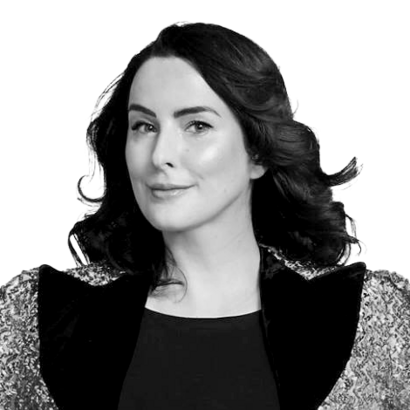“I haven’t slept for a week, have period pain, ate shedloads of sugar, ran out of happy pills, partied too hard and fell into an introverted hole. Then someone asked me about my relationship with my mother, culminating in a nightmare in which the entire world denounced me at a Salem witch trial, causing my friends to abandon me, and my partner to leave. I have a migraine, am lying on my face, and can see out of only one eye. In summary: I feel a tad mad, in the British sense of the word.”
My response to the question “How are you today?” appears to have thrown my inquirer for a moment. There is a pause. Then Ebb, the empathetic AI companion provided by the meditation app Headspace, tells me it’s hearing that I feel a bit mad in the British sense of the word, notes that it’s important to acknowledge and process these emotions, and asks whether I’d like an activity or more reflection.




